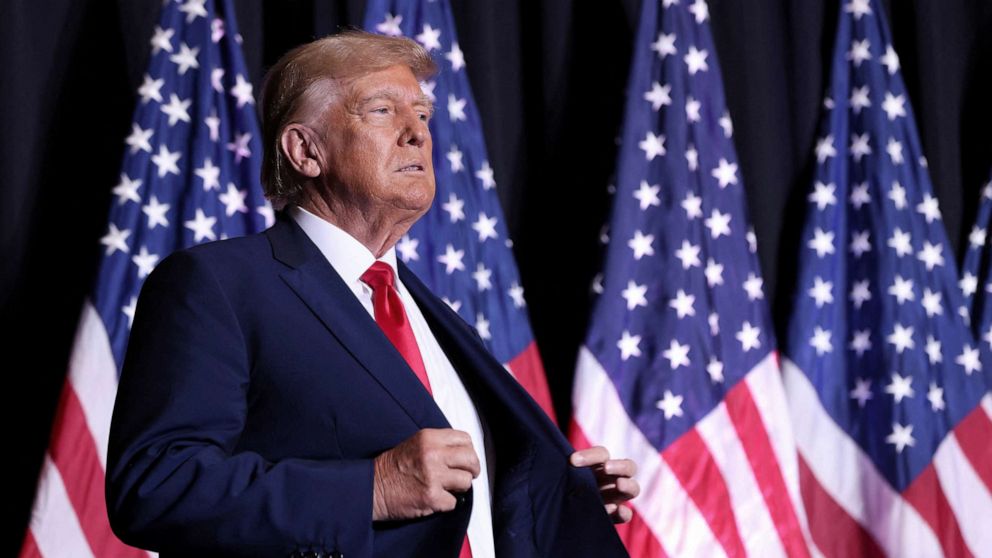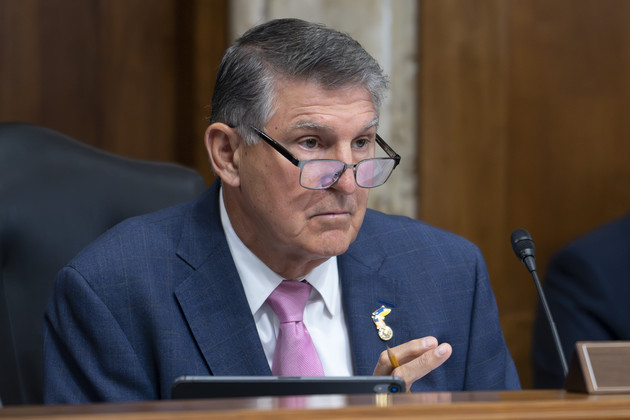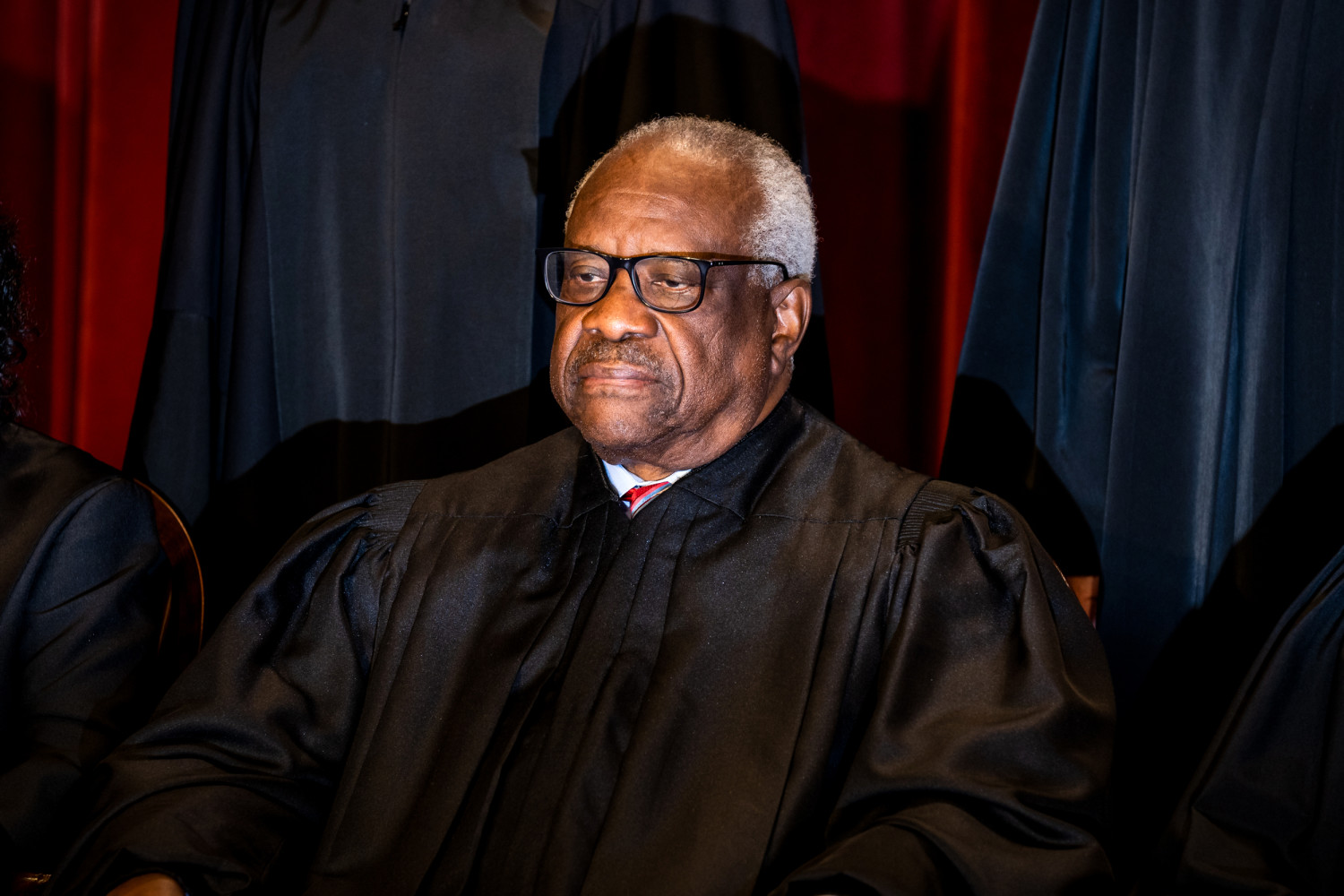
5 Of The Biggest Grifters Within The Two-Party System
Anyone familiar with American politics can tell you that our two-party system is an absolute magnet for grifters, conmen, and leaders looking to leverage their office or position within their party to personally enrich themselves and/or secure opportunities elsewhere.
When money and politics are as entwined and joined by the hip as they are in America, this is an unfortunately predictable consequence. Everyone looks out for number one. But even amongst the self-serving political leaders contributing to the significant decline of trust in the two-party system and in our government as a whole, certain politicians stand out more than others.
Here are five of the biggest grifters currently using the two-party system to shamelessly line their pockets:
Donald Trump

What more needs to be said about Trump that hasn’t been said already? Between refusing to release his tax returns and not divesting from his businesses before becoming President, purposely holding official state business at Trump Organization hotels as President, using taxpayer money to enrich Trump Organization properties – to say nothing of grifting opportunities like Trump Bucks, Trump NFTs, and leveraging his status as President to help secure a $2 billion Saudi Arabian contract for his-son in-law Jared Kushner’s private firm – it’s obvious what a massive grifter the former President has been.
All in all, Forbes estimates that the Trump Organization brought in $2.6 billion while Trump was in the Oval Office.
This shouldn’t be surprising to anyone.
Vivek Ramaswamy

Vivek Ramaswamy, the entrepreneur and long-shot candidate for the Republican nomination for president in 2024, has devised a particularly unique gimmick to rake in political donations: he’s promising his volunteers that they’ll receive a 10% cut on the donations they successfully bring to his campaign.
Hmm… a system in which individual members are promised ever-increasing amounts of money for recruiting new members into the fold, who are then encouraged to attract even more members? Where have we heard that before?
Ramaswamy is not an established politician, but it seems he’s quickly learned a valuable lesson in American politics: the quickest way to make a fortune in politics is to convince the bag holder that they’re the ones who are actually going to turn a quick buck.
Joe Manchin

Joe Manchin, the Democratic Senator from West Virginia, has longstanding, well-known ties to coal business he and his family own in West Virginia. Decades ago, Manchin had set up his company to be the sole coal supplier for a power plant in Grant Town, West Virginia. Then, while in public office, Manchin successfully pushed for the power plant to receive air pollution permits and special tax credits – actions that directly increased the profitability of the power plant, and thus, the coal company he owned. While in office, Manchin successfully pushed the power plant to increase their charging rates, meaning that while West Virginians saw their electricity bills increase, Manchin directly pocketed the difference. He was literally taking money directly from his constituents, and not only did they have no choice, they didn’t even know.
As Senator, Manchin has successfully held up bills that would have increased investments in renewable energy sources while decreasing funding for fossil fuels like coal – a blatant conflict of interest if there ever was one.
This doesn’t even touch the ~$500,000 that Manchin, a ranking member of the Senate Energy Committee, rakes in every year from his investments in Enersystems, a coal mining operation owned by his son, Joe Manchin IV.
The New York Times put it bluntly and succinctly:
“...at every level of Mr. Manchin’s political career, from state lawmaker to U.S. senator, his official actions have benefited his financial interest in the Grant Town plant, blurring the line between public business and private gain.”
Clarence Thomas

Oh boy. Where to even start with Clarence Thomas.
After squeaking into the Supreme Court with the closest Senate confirmation vote in over a century, Clarence Thomas has exploited his rarified position as a Supreme Court justice for personal gain at just about every single turn. The extent to his self-dealing corruption could fill entire chapters of history books, so let’s briefly cover the “greatest hits” of his most egregious abuses of power.
Every single year for the past two decades, he’s accepted numerous luxury vacations, yacht stays and via private jet travel, paid for by his good friend and billionaire Republican activist Harlan Crow – then failed to disclose such improper gifts over and over and over and over. In one instance, a trip to Indonesia via Crow’s private jet that included a stay on Crow’s private yacht would have set Thomas back a whopping $500,000 – but he didn’t pay a cent or disclose this as the law requires.
Mind you – a Supreme Court justice makes $285,000 annually. Thomas was going on $500,000 vacations paid for by a wealthy benefactor who frequently had business before the Court that he personally stood to benefit from.
Harlan Crow also donated $500,000 a conservative Tea Party organization founded by Clarence Thomas’s wife, Ginni Thomas, and effectively paid her salary of $120,000.
Clarence Thomas also had Harlan Crow personally pay for his grandnephew’s private school tuition. Guess what – he also failed to disclose this gift as well, as law requires. You’ll see this is a recurring trend anytime Clarence Thomas personally benefits from his status as a Supreme Court justice.
Oh, and if that wasn’t enough, Harlan Crow literally bought Clarence Thomas’s elderly mother a house and personally paid for it to be renovated. He owns the house that a Supreme Court justice’s mother lives in. Federal law stipulates that Supreme Court Justices must disclose any real estate transactions exceeding $1,000… is it any surprise that Thomas once again kept these corrupt self-dealing transactions that benefitted his family a complete secret?
Money from a top Republican donor is flowing directly into the pockets of a Supreme Court Justice to sway his votes on cases that may impact said billionaire. Partisan grifting at its “finest.”
Nancy Pelosi

Nancy Pelosi is probably best known as the first woman Speaker of the House and a fierce defender of the Democratic Party establishment. Did you know, however, that she’s among the wealthiest and most successful stock traders in Congressional history?
Pelosi has been a member of the House of Representatives since 1987, earning a yearly salary of around $174,000 to $223,000. That doesn’t explain how her net worth somehow ballooned to over $120 million – peaking at $171 million in 2021.
What does explain it?
Somehow, Pelosi has managed to be an infinitely more effective investor than she has been at being a lawmaker. According to reports from Unusual Whales, Pelosi was the single most successful stock trader in Congress in 2020, raising concerns that she was using insider information only available to Congress to execute stock trades with knowledge unavailable to the public.
She invested huge money into NVDA, a semiconductor stock, just before the federal government announced historic investments in the semiconductor industry. She sold around $3 million in Google stock just before the company was sued by eight states and the Department of Justice for monopolistic antitrust practices.
Pelosi is such a prolific stock trader, somehow always perfectly timing her purchases and sales just before the companies rise or fall in value, that a bill introduced that would ban members of Congress from owning or trading stocks was literally named the Preventing Elected Leaders from Owning Securities and Investments Act – or the PELOSI Act.
Personally enriching yourself by investing in companies that you then have significant leverage over via your position of power in Congress? Buying stocks in economic sectors that you know Congress is about to announce historic investments in? Selling stocks in companies that you know are about to be investigated for potential wrongdoing? Like… if that’s not grifting, what is?

